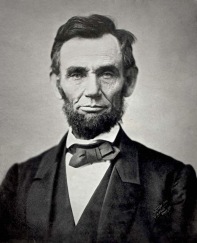While browsing through The Times’s archive today, I came across an interesting article from 1947 that sets out the newspaper’s view of public relations.
Thirty years on from when Basil Clarke started public relations in Britain by joining the Civil Service, The Times makes it clear that the industry had already grown massively.
It suggested the Treasury was now spending £878,468 a year on the wages of 1,100 public relations staff (including clerical and typing staff), a massive increase on the £21,000 a year the Government was spending on public relations in 1921.
The Times was sceptical as to the value of the industry, quoting approvingly from a White Paper on publicity for local government that suggested that “the public relations ‘spirit’ ought to permizeate the whole organization.”
“This means, in even plainer language,” The Times told its readers, “that men and women must know their job, be courteous in their business dealings, be ready to give the information to which citizens are entitled, and not hope to be saved from these obligations by a deus ex machina called a PRO.
“It is admirable doctrine and should be digested by those local authorities, for instance, whose most active interest in public relations expresses itself negatively, in attempts to prevent local newspapers from doing their duty, which is to give the facts about local government.
“Public relations are always part of efficient administration and they may need special provision and even a special officer, but, unless all his colleagues share his spirit, he is as useless as a fifth leg to a dog.”
It is an interesting simile. I’ve heard public relations being referred to as the tail of the dog before, but never as an additional leg!
